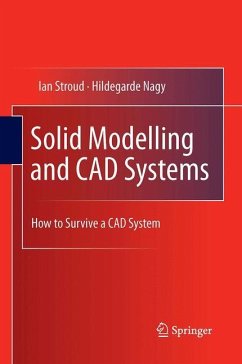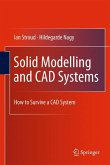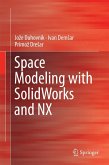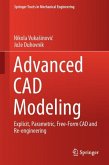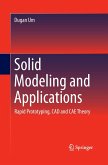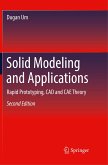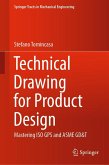Solid Modelling and CAD Systems gives users an insight into the methods and problems associated with CAD systems. It acts as a bridge between users who learn interfaces without understanding how they work and developers who create systems without understanding the needs of the users.
The main feature of Solid Modelling and CAD Systems is a logical analysis of the techniques and basic solid modelling methods used in modern CAD systems. The book goes on to describe, among other subjects:
two-dimensional shape definition methods,the command interface and graphics,databases and data exchange,early-phase design, andcommand files and command structures.
Reading Solid Modelling and CAD Systems will help users understand the limitations of the techniques they are using and will enable practitioners to use CAD systems more efficiently. It is a valuable tool for designers, as well as for advanced undergraduate and postgraduate students. The exercises it contains allow readers to try out different aspects of the subject matter and the book also includes projects that can be used for teaching purposes.
The main feature of Solid Modelling and CAD Systems is a logical analysis of the techniques and basic solid modelling methods used in modern CAD systems. The book goes on to describe, among other subjects:
two-dimensional shape definition methods,the command interface and graphics,databases and data exchange,early-phase design, andcommand files and command structures.
Reading Solid Modelling and CAD Systems will help users understand the limitations of the techniques they are using and will enable practitioners to use CAD systems more efficiently. It is a valuable tool for designers, as well as for advanced undergraduate and postgraduate students. The exercises it contains allow readers to try out different aspects of the subject matter and the book also includes projects that can be used for teaching purposes.

